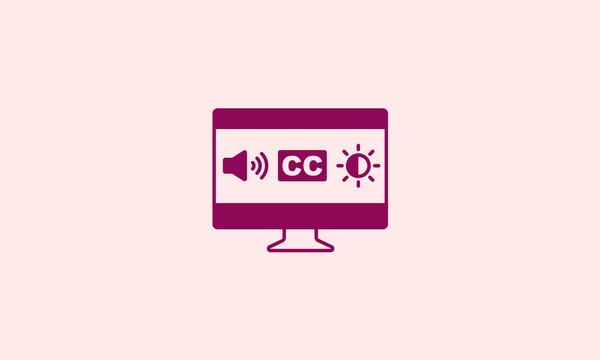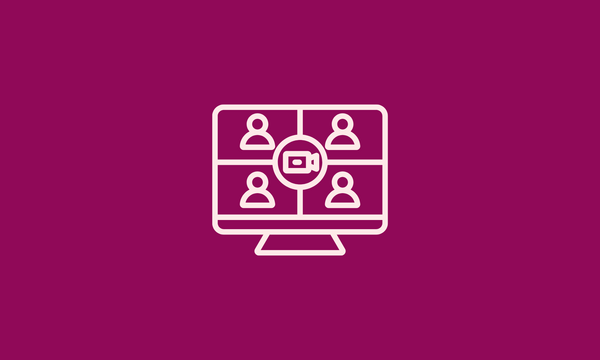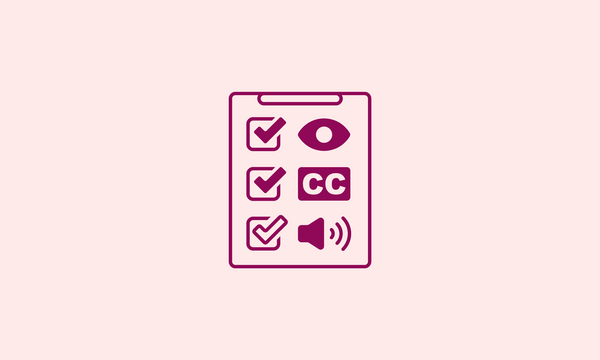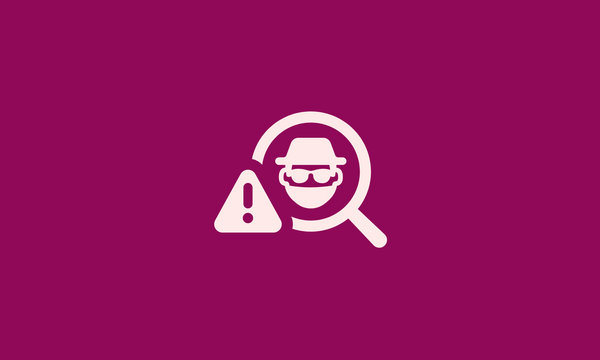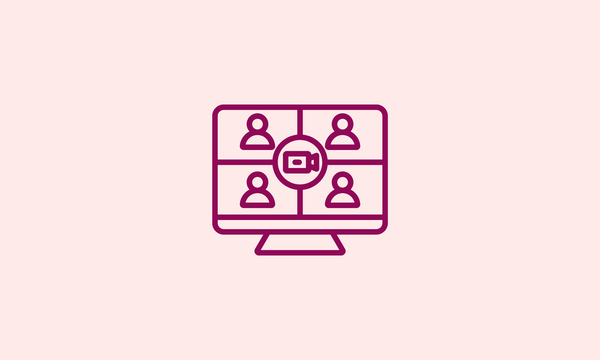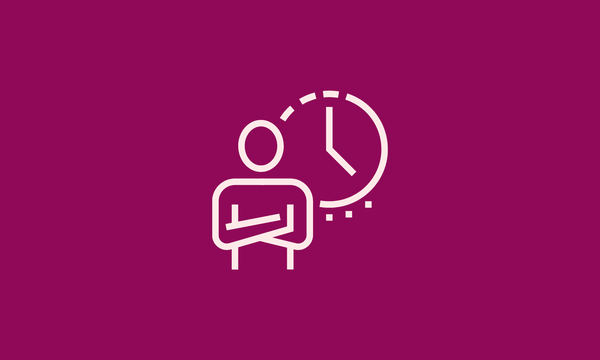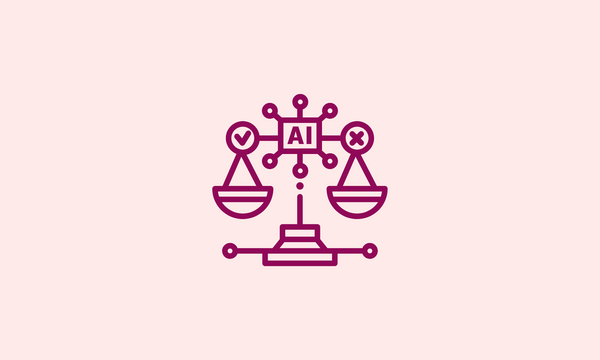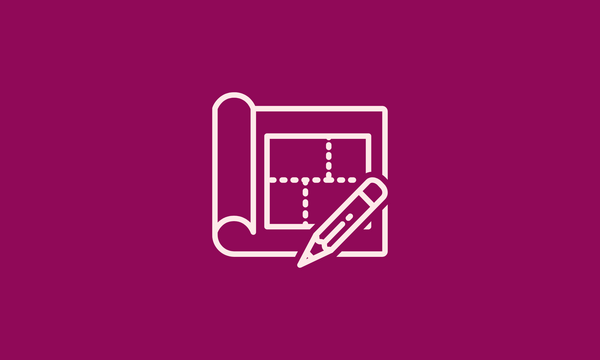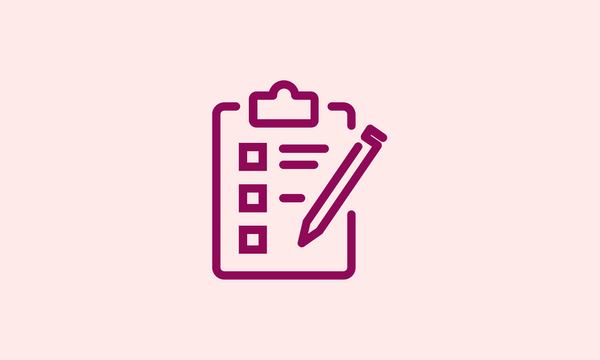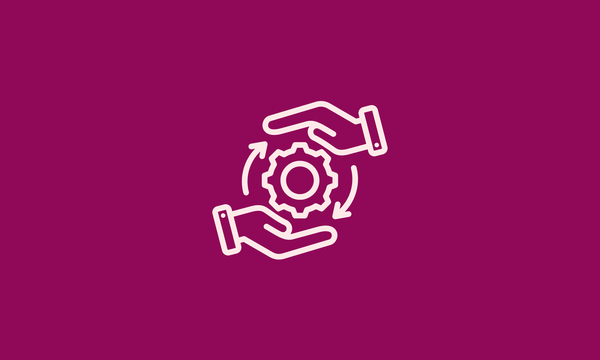
How Code for Canada Empowers Teams to be Effective Change Makers
As any dedicated civil servant knows, launching a new public digital product or service is no easy task. Whether you’re building the solution in-house, recruiting new digital talent, or finding the right external partner, the process can take months, if not years, and often ends with a high price tag and unmet expectations.
Savvy civil servants also know that the solution to this common scenario is complex and won’t materialize overnight. Meanwhile, mandates need to be met and digital projects should have kicked off yesterday. What to do?
Enter: Code for Canada.
Since our founding, Code for Canada has embedded over 60 digital professionals across the Canadian public sector to help advance the delivery of public services while improving the digital capacity of their government teams.
Our Code for Canada project staff are talented digital professionals who come with many skills — from user research and design to software development and product management. But to make the cut, it’s not enough to be a specialist in your field, you also need a change management mindset.
We support every project staff member with a coach-the-coach training plan to help them be effective change-makers so their government partners can get the most of their time together.
How do we coach the coaches?
Let’s take a look at what this training looks like in practice:
- Onboarding — We take time onboarding all project staff so that they feel equipped with the skills and knowledge needed to make the most of their time with their government teams. Onboarding topics include:
- Digital Government and Civic Tech Foundations
- How Government Works
- Bureaucracy Hacking (aka How to Get Things Done in Government)
- Designing for Accessibility, including AODA Compliance
- Decolonizing Technology through Digital Equity and Justice
- Diversity, Equity, Inclusion with Bright+Early and Code for Canada
- Code for Canada’s Delivery Excellence Model (aka How to Make Digital Practices Stick within the Public Service)
- Technical Coaching — Every week, project staff spend dedicated time with their Chapter Leads (senior practitioners in their field) who provide guidance, feedback and targeted professional development.
- Team effectiveness meetings — Project teams check in with Code for Canada’s experts, who help conduct ongoing project health checks to enable team’s short and long-term goals for building products and capacity
- Monthly chapter meetings — Project staff master their craft among their fellow specialists through peer-to-peer learning opportunities, including demos to gain feedback and share lessons learned.
- Inclusive design intensives — Through our Inclusive User Research service, Code for Canada engages a diverse and representative sample of users for research and testing of public-facing technologies. Our collaborators get first-hand access to inclusive user research resources and the rare opportunity to learn while practicing best-in-class approaches to inclusive design.
- Lunch jamborees — Monthly lunch lunch jamborees enable project staff to sharpen the tools in their toolbox, helping them stay on top of the latest principles for best-in-class digital services
- Transition support — From day one, we support project staff in ensuring their government partners are planning and prepared to sustain solutions past project end dates
- Storytelling support — Project staff work with Code for Canada’s in-house communications team, helping set up projects for success by providing the crucial infrastructure for successful, strategic, and sustainable change management and knowledge exchange
- Independent development — Project staff are encouraged to pursue targeted professional development opportunities, including courses and opportunities that will hone the skills valuable to their project’s success
How do we determine appropriate training?
While we have a standard training curriculum for Collaborators, every government partner is unique. There is no one-size-fits-all approach to effective capacity-building and knowledge exchange. As a result, we customize the training to meet the needs of each team.
Who can I contact if I have questions about the Coach-the-Coach training plan?
For more information, please contact Andrew Lui, Director of Partnerships, at andrew@codefor.ca!
*This retention rate is published and explained in Building Digital Government Talent Pipelines: Recruitment and Retention for Digital Era Government, as part of the Code For Canada, Institute for Public Administration, and Policy Ready digital government case study series study. Read the complete study to get a more in-depth review of our findings!
End of articles list
